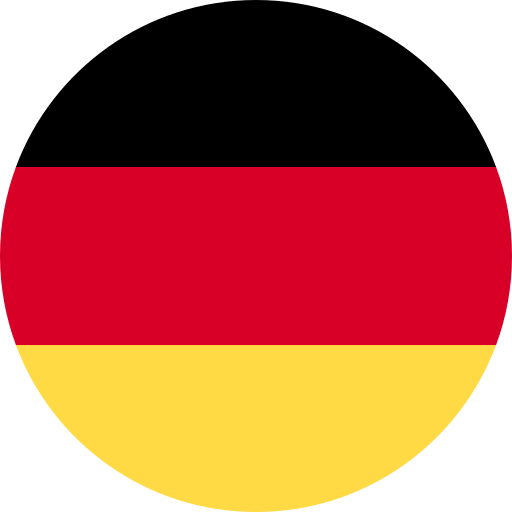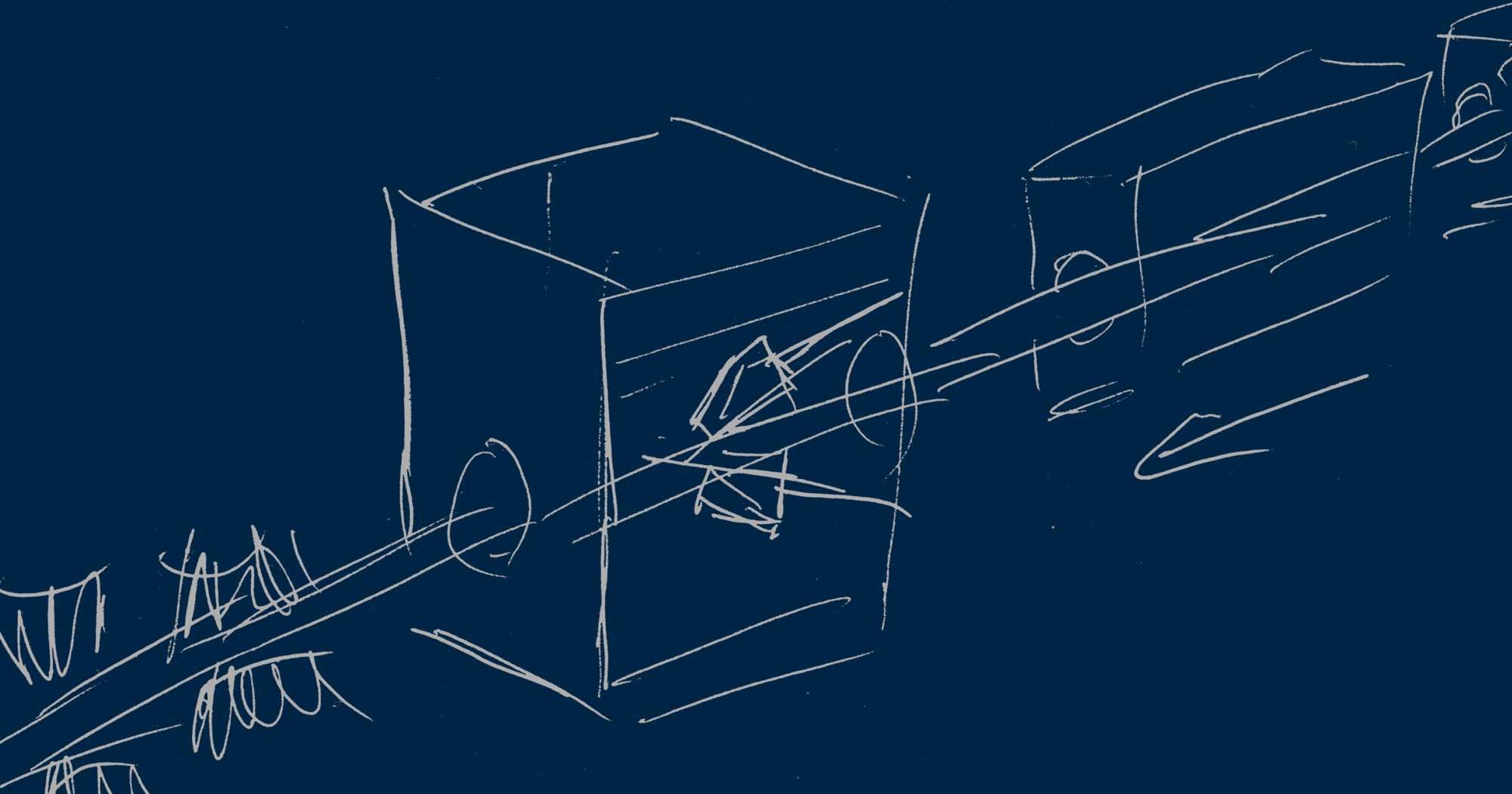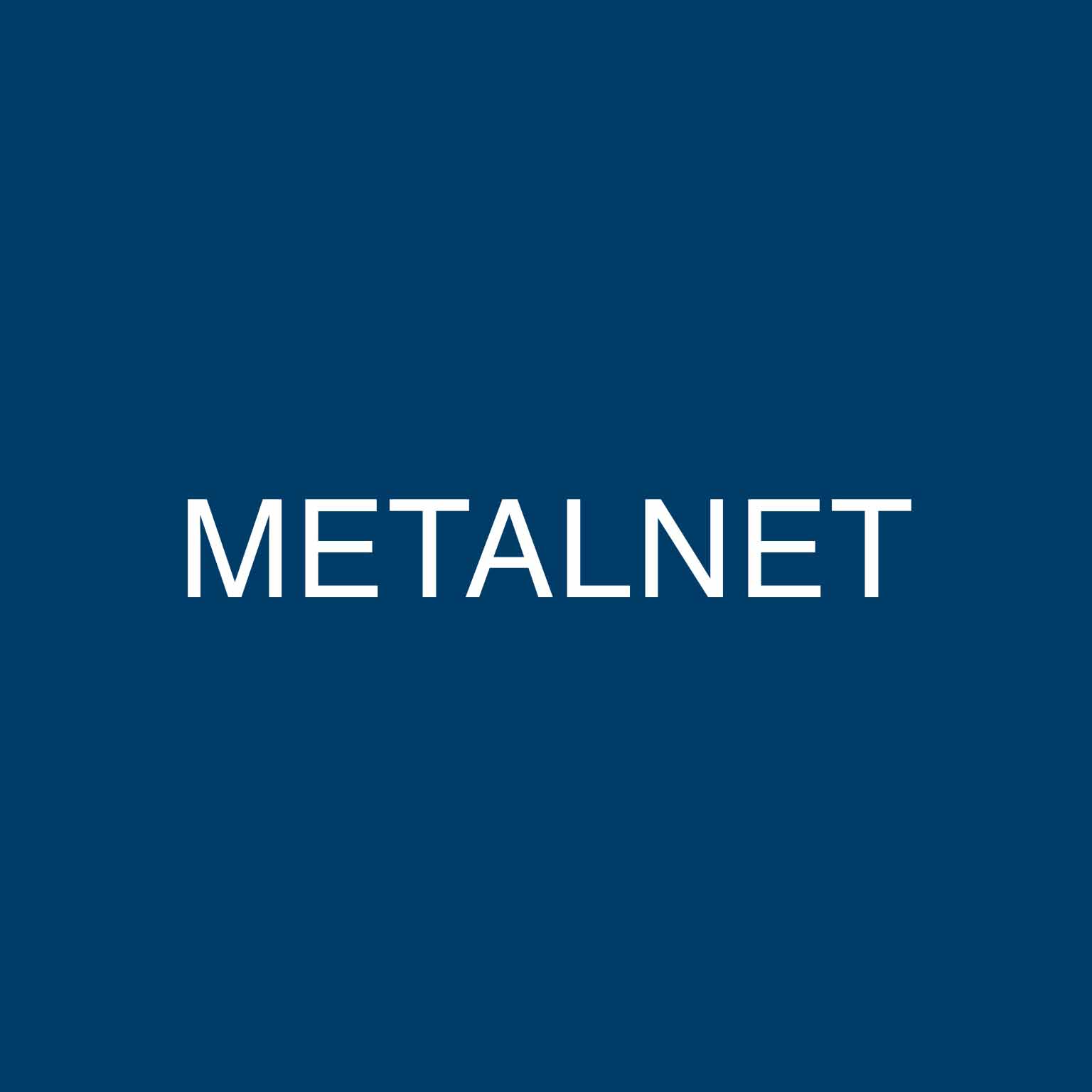GMT as an innovative industrial partner for a variety of research projects
GMT is constantly involved in R&D projects, either as active research partner or in project support committees. GMT contributes its specialist knowledge and creativity. We are always interested in research projects related to metal materials that are tailored to industrial needs: from heating and processing up to quality control in the field of material development and control.
We are very well-acquainted with the application and handling of research projects. Please contact us for your questions!
WI+R network: AdEle
WI+R – Digital repair factory Berlin-Brandenburg – shaping of structural change by innovation in maintenance, servicing and repair – Cottbus.
Maintenance, servicing and repair (WI+R) are changed in depth by digitalization. The cooperation of more than 100 players and the founding of research institutes is to create widespread participation for digital solutions on a national level.
GMT participates in the project AdEle with the subject additively produced spare parts. When using additively produced spare parts, an important factor is to estimate their service life and to adapt their design to the properties, which can be achieved by means of additive production. This requires precise knowledge on how the material properties of the product can be adapted through additive production.
Term: 01.09.2022 until 30.09.2023
ZIM-Project: RESI
Resource-saving heating of bars by means of intelligent induction plants (RESI).
Within the framework of the user-oriented R&D project, funded by ZIM, GMT develops with GFaI (Society for the Advancement of Applied Computer Science) and BTU (Brandenburg University of technology) Cottbus-Senftenberg a plant control for induction heating plants based on the materials used. For this purpose, material data of different materials are collected during inductive heating and processed in the material data base MatILDa®. Furthermore, automated learning algorithms and data analysis are implemented to recognize the material to be processed on the basis of its heating behavior as well as to select its optimum heat treating parameters avoiding an extensive trial-and-error process. The result is an intelligent control, which determines the optimum heating power depending on the material, and controls it during the process so that the risk for local overheating is minimized.
Term: 01.04.2020 until 31.12.2022
ZIM-Project: ESPE
Development of shortened forging process chains by using thermo-mechanically treated raw materials.
In cooperation with the IFUM - Institute of Forming Technology and Machines of the University of Hanover, a material concept and an adapted process line was developed, which allows the manufacture of solid formed parts with an improved toughness-strength ratio in shortened process chains. By combining the project-specific thermo-mechanical treatment of the raw material with a corresponding solid forming step, the ultrafine real structures reached during the thermo-mechanical treatment and the combination of properties can be transferred to the solid forming parts. Separate heat treatment after forging, which is common in conventional processes, can be eliminated, thus shortening the project-relevant process chain.
Term: 01.04.2015 until 31.05.2017
ZIM-Network: METALNET
METALNET
Customers of the network ask more and more for an end-to-end service chain: starting from the conceptual engineering and process simulation up to design and implementation of a machine and plant concept in manufacturing. Therefore, seven companies from the sectors process development, simulation, automation, image processing and mechanical engineering founded the network “METALNET” in 2002. For a period of 3 years, the network was funded by the Federal Ministry of Economics and Labor (BMWA). The advantages are most obvious, when individual solutions are required, either to optimize a process or to develop and/or modernize a technical plant. To date, the activities of the network have an effect in the form of continuing partnerships and professional exchange.
Publications
2024
Optimierte Ergebnisse in der Umformsimulation durch fundierte Materialsimulation. Presentation (online), 37. Annual meeting of the cold forming industry 2024, 07. 02.2024, Düsseldorf, Germany.
2023
Utilizing AI in Materials Simulation: Modeling Phase Transformation in Forming Processes and Heat Treatments. Steel Innovation, 26.10.2023, Köln, Germany.
Integration of material simulation to extend the accuracy of FEM results for metallic forming processes. Numiform, 26.06.2023, Krakow, Poland.
The potential of accurate material simulation for forming simulation. ESTAD, 15.06.2023., Essen, Germany.
Representation of microstructure-property relationships in materials simulation: Models for describing recrystallization and phase transformation processes. DGM/AWT Joint Committee Werkstofftechnik Stahl, 02.06.2023, Siegen, Germany.
AI-Supported Material Simulation of Forming Processes. AISTech, 09.05.2023, Detroit, USA.
FEM simulation of cold bulk forming using QForm UK - Utilization of material data from MatILDa®. Working Group for the Development and Research of Cold Forging, 23.03.2023, Stuttgart (online), Germany.
Integration of material simulation to extend the accuracy of FEM results for metallic forming processes. Numiform, 26.06.2023, Krakow, Poland.
The potential of accurate material simulation for forming simulation. ESTAD, 15.06.2023., Essen, Germany.
Representation of microstructure-property relationships in materials simulation: Models for describing recrystallization and phase transformation processes. DGM/AWT Joint Committee Werkstofftechnik Stahl, 02.06.2023, Siegen, Germany.
AI-Supported Material Simulation of Forming Processes. AISTech, 09.05.2023, Detroit, USA.
FEM simulation of cold bulk forming using QForm UK - Utilization of material data from MatILDa®. Working Group for the Development and Research of Cold Forging, 23.03.2023, Stuttgart (online), Germany.
2022
Optimierungspotenzial von FEM-Simulationsergebnissen durch den Einsatz exakter Werkstoffdaten und -modelle. massivUMFORMUNG, 12/22, pp. 28-31.
MatILDa® - Application of a User-oriented Material Database. Material Science & Technology MS&T22, 09.-12.10.2022, Pennsylvania, USA.
Anwenderorientierte Materialdatenbank MatILDa® für die FEM-Simulation in der Massivumformung. Aachener Stahlkolloquium ASK, 27.10.2022, Aachen.
MatILDa®: the intelligent data base for FEM simulation. SENAFOR, 07.10.2022, Porto Alegre, Brazil.
MatILDa®: the intelligent data base for FEM simulation. AIKW Conference, 06.10.2022, Dresden.
Performance leaps through intelligent technology solutions. Conference on Steels for Cars and Trucks SCT, 22.06.2022, Milano.
Performance leaps through intelligent technology solutions. XL. Colloquium on Metal Forming, 13.03.2022.
Intelligent plant and software solutions for long-products of tomorrow. MEFORM 17.02.2022, Freiberg.
MatILDa® - Application of a User-oriented Material Database. Material Science & Technology MS&T22, 09.-12.10.2022, Pennsylvania, USA.
Anwenderorientierte Materialdatenbank MatILDa® für die FEM-Simulation in der Massivumformung. Aachener Stahlkolloquium ASK, 27.10.2022, Aachen.
MatILDa®: the intelligent data base for FEM simulation. SENAFOR, 07.10.2022, Porto Alegre, Brazil.
MatILDa®: the intelligent data base for FEM simulation. AIKW Conference, 06.10.2022, Dresden.
Performance leaps through intelligent technology solutions. Conference on Steels for Cars and Trucks SCT, 22.06.2022, Milano.
Performance leaps through intelligent technology solutions. XL. Colloquium on Metal Forming, 13.03.2022.
Intelligent plant and software solutions for long-products of tomorrow. MEFORM 17.02.2022, Freiberg.
2021
Performance leaps through intelligent technology solutions (Hüttentag 2021, Essen).
The Influence of Flow Curves on Simulated Force Calculations for Hot Forging (FORGE magazine 2021).
Influence of flow curves on the calculation of force and energy requirements in the simulation of hot forming processes. massivUMFORMUNG, 03/21; pp. 24-29.
The Influence of Flow Curves on Simulated Force Calculations for Hot Forging (FORGE magazine 2021).
Influence of flow curves on the calculation of force and energy requirements in the simulation of hot forming processes. massivUMFORMUNG, 03/21; pp. 24-29.
2020
Intensive forming of grade 5 titanium bars with increased performance for aerospace applications; 23rd International Conference on Material Forming (ESAFORM 2020).
High Performance Material Solutions. Steel Times International, digitale Ausgabe 02/20; pp. 48-52.
Neue Wege für die Etablierung leistungsfähiger Werkstofflösungen: HDQT-Technologie eröffnet neue Eigenschaftskategorien für Stähle und hochfeste Materialien. stahl und eisen 01-02/20; pp. 30-32.
High Performance Material Solutions. Steel Times International, digitale Ausgabe 02/20; pp. 48-52.
Neue Wege für die Etablierung leistungsfähiger Werkstofflösungen: HDQT-Technologie eröffnet neue Eigenschaftskategorien für Stähle und hochfeste Materialien. stahl und eisen 01-02/20; pp. 30-32.
2019
Thermomechanisch behandeltes Vormaterial für die Massivumformung. massivUMFORMUNG 09/19; pp. 56-59.
Thermomechanically treated bars with increased performance. WIRE 03/19; pp. 15-17.
Ultra-fine-grained thermo-mechanically treated XTP® bars with high toughness for cold forming and machining. La Metallurgia Italiana 10/19; pp. 36-44.
New material property classes by integrating intensive forming into the thermomechanical treatment. Presentation, NEMU Stuttgart.
Ultra-Fine-Grained Thermo-Mechanically treated XTP® Bars with high Toughness for Cold Forming and Machining. Presentation, ECHT Bardolino.
Thermomechanically treated bars with increased performance. WIRE 03/19; pp. 15-17.
Ultra-fine-grained thermo-mechanically treated XTP® bars with high toughness for cold forming and machining. La Metallurgia Italiana 10/19; pp. 36-44.
New material property classes by integrating intensive forming into the thermomechanical treatment. Presentation, NEMU Stuttgart.
Ultra-Fine-Grained Thermo-Mechanically treated XTP® Bars with high Toughness for Cold Forming and Machining. Presentation, ECHT Bardolino.
2018
Thermomechanisch behandeltes Vormaterial für die Massivumformung. 6. VDI Technical Conference on Hot Bulk Forming 2018, Düsseldorf.
2017
Ultrafine-grained thermomechanically treated XTP steels. Presentation, NEMU Stuttgart.
2016
Thermomechanische Behandlungsstrategien zur Herstellung ultrafeinkörniger Gefügestrukturen und optimierter Festigkeits-/Zähigkeitskombinationen. Presentation at VDI-Wissensforum.
2014
Das HDQT®-Verfahren: Gezielte Bauteileigenschaften durch thermomechanische Prozessführung. UKH.
Thermomechanical processing of Ti and Nb – alloyed stainless steels. La Metallurgia Italiana, Vol. 2, pp. 51-55.
Thermomechanical processing of Ti and Nb – alloyed stainless steels. La Metallurgia Italiana, Vol. 2, pp. 51-55.
2013
Modelling the Hot Deformation Stress-Strain Curve of a Ni-Based Superalloy: Materials Science Forum (Volume 762), pp. 753-756.
New Technological Concepts of Long Products based on HDQT–High Deformation Quenching and Tempering System. 9th International Rolling Conference 2013, Venice.
New Technological Concepts of Long Products based on HDQT–High Deformation Quenching and Tempering System. 9th International Rolling Conference 2013, Venice.
2012
Microstructure Simulation in Forging. Presentation, First international Conference on Ingot Casting, Rolling and Forging, Aachen, Eurogress.
Innovations in Simulation of Microstructure Developments. Materials Science Forum (Volumes 706-709), pp. 2170-2175.
Neuartiges Anlagenkonzept für die thermomechanische Behandlung von Stabstahl. HTM.
Innovations in Simulation of Microstructure Developments. Materials Science Forum (Volumes 706-709), pp. 2170-2175.
Neuartiges Anlagenkonzept für die thermomechanische Behandlung von Stabstahl. HTM.
2011
Integration of Cross Rolling step into the Heat Treatment Processing of steel bars, in: European Conference on Heat Treatment 2011, Wels (Österreich), pp. 131-135.
Simulation of Recrystallisation and Grain Size Evolution in Hot Metal Forming. Presentation, AIP Conference Proceedings 1353.
Simulation of Thermo- Mechanical Treatment in Industrial Manufacturing Process. Presentation, ICTP- International Conference on Technology of Plasticity, 25.-30.09.2011, Aachen.
Die Integration des Schrägwalzens in die thermomechanische Behandlung von Stabstahl. Der Kalibreur, Publications from the Association International Roll Pass Designers.
Simulation des Umwandlungsverhaltens von Stählen. Presentation, MEFORM 2011, Freiberg.
Integration of high deformation by cross Rolling into the thermo-mechanical treatment process. Presentation, European Conference on Heat Treatment 2011 “Quality in Heat Treatment”, Wels (Österreich).
Simulation des Umwandlungsverhaltens niedriglegierter NiCrMo-Schmiedestähle- von der Datenanalyse zum Werkstoffmodell. Presentation, International Conference„Neuere Entwicklungen in der Massivumformung“, Stuttgart.
Simulation of Recrystallisation and Grain Size Evolution in Hot Metal Forming. Presentation, AIP Conference Proceedings 1353.
Simulation of Thermo- Mechanical Treatment in Industrial Manufacturing Process. Presentation, ICTP- International Conference on Technology of Plasticity, 25.-30.09.2011, Aachen.
Die Integration des Schrägwalzens in die thermomechanische Behandlung von Stabstahl. Der Kalibreur, Publications from the Association International Roll Pass Designers.
Simulation des Umwandlungsverhaltens von Stählen. Presentation, MEFORM 2011, Freiberg.
Integration of high deformation by cross Rolling into the thermo-mechanical treatment process. Presentation, European Conference on Heat Treatment 2011 “Quality in Heat Treatment”, Wels (Österreich).
Simulation des Umwandlungsverhaltens niedriglegierter NiCrMo-Schmiedestähle- von der Datenanalyse zum Werkstoffmodell. Presentation, International Conference„Neuere Entwicklungen in der Massivumformung“, Stuttgart.
2010
Die Integration des Schrägwalzens in die thermomechanische Behandlung von Stabstahl. Presentation, 80. Conference AIKW in Lincoln (Great Britain).
2008
Application of Dynamic Simulation for Metallurgical Industry. Presentation, XXVII. Colloquium on Metal Forming, Montanuniversität Leoben (Austria).
2007
Modell zur Gefüge- und Eigenschaftsberechnung für online und offline Anwendungen. XXVI. Colloquium on Metal Forming, Montanuniversität Leoben (Austria).
2006
Online Monitoring of Microstructure processes and mechanical properties. St. Petersburg State Polytechnical University.
2004
Möglichkeiten und Grenzen empirischer Gefügemodelle beim Einsatz in der Simulation von Warmumformprozessen. Presentation VDEh Working Group on Fundamentals of Forming Technology.
Digitalisierung, Visualisierung und Archivierung von ZTU-Schaubildern und Gefügemengenberechnung. Presentation 6. round table MSC, 10/2004.
Integrierte Gefügemodellierung bei der FEM-Simulation mit Hilfe der Werkstoffdatenbank 'MatILDa' Presentation Conference Kompetenzzentrum Neue Materialien, Bayreuth 11/2004.
Digitalisierung, Visualisierung und Archivierung von ZTU-Schaubildern und Gefügemengenberechnung. Presentation 6. round table MSC, 10/2004.
Integrierte Gefügemodellierung bei der FEM-Simulation mit Hilfe der Werkstoffdatenbank 'MatILDa' Presentation Conference Kompetenzzentrum Neue Materialien, Bayreuth 11/2004.
2003
Simulation der Gefügeumwandlung bei einer Generatorwelle nach dem Abschrecken im Ölbad. Presentation round table MSC, 10/2003.
2002
Werkstoffdatenbanken der GMT mbH. Presentation 21. Verformungskundliches Kolloquium Montanuniversität Leoben, 03/2002.
Werkstoffmonitoringsystem. Presentation extended Forging Committee of VDEh with Swedish Forging Companies, Stockholm Mai.
Werkstoffmonitoringsystem. Presentation extended Forging Committee of VDEh with Swedish Forging Companies, Stockholm Mai.
2001
Material-Monitoring-System für die Anwendung in der FEM-Simulation. Presentation International Scientific and Technical Conference at St. Petersburg State Technical University.






